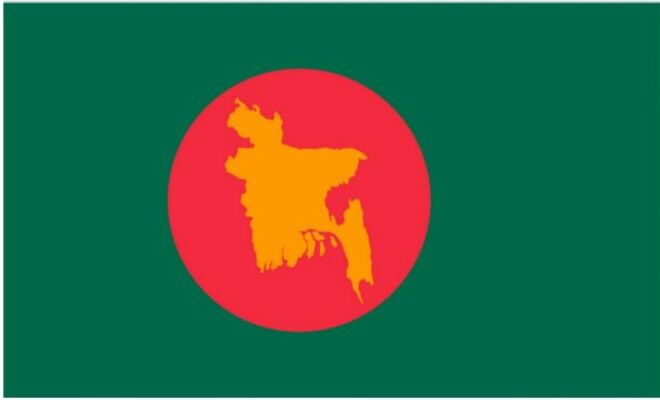Bangladesh country profile
Bangladesh is one of the world's most densely populated countries, with its people crammed into a delta of rivers that empties into the Bay of Bengal.
Poverty is deep and widespread, but Bangladesh has in recent years reduced population growth and improved health and education.
Formerly East Pakistan, Bangladesh came into being only in 1971, when the two parts of Pakistan split after a bitter war which drew in neighbouring India.
Bangladesh spent 15 years under military rule and, although democracy was restored in 1990, the political scene remains volatile.
Islamist extremism has been rising in the usually tolerant country.
Advertisement
The low-lying country is vulnerable to flooding and cyclones, and stands to be badly affected by any rises in sea levels.
Read more country profiles - Profiles by BBC Monitoring
FACTS
People's Republic of Bangladesh
Capital: Dhaka
Population 162 million
Area 143,998 sq km (55,598 sq miles)
Major language Bengali
Major religion Islam, Hinduism
Life expectancy 69 years (men), 70 years (women)
Currency taka
UN, World Bank
Getty Images
LEADERS
President: Abdul Hamid
Abdul Hamid, formerly the Speaker of parliament, was elected unopposed to the ceremonial post in 2013.
Prime minister: Sheikh Hasina
Image copyright Getty Images
Sheikh Hasina started a third term as prime minister in January 2014 after her Awami League won elections boycotted by the opposition amid an ongoing political crisis.
Politics has long been dominated by bitter rivalry between two women: Sheikh Hasina and Khaleda Zia of the Bangladesh Nationalist Party.
Both have been prime minister at various times since 1991.
Their hostility stems in part from differences over who played a greater role in the country's independence struggle - Hasina's father, Sheikh Mujibur Rahman, or Khaleda Zia's husband, General Ziaur Rahman.
They sank their differences when military ruler Hossain Mohammad Ershad was in power from 1982 to 1990, but they have been uncompromising rivals ever since.